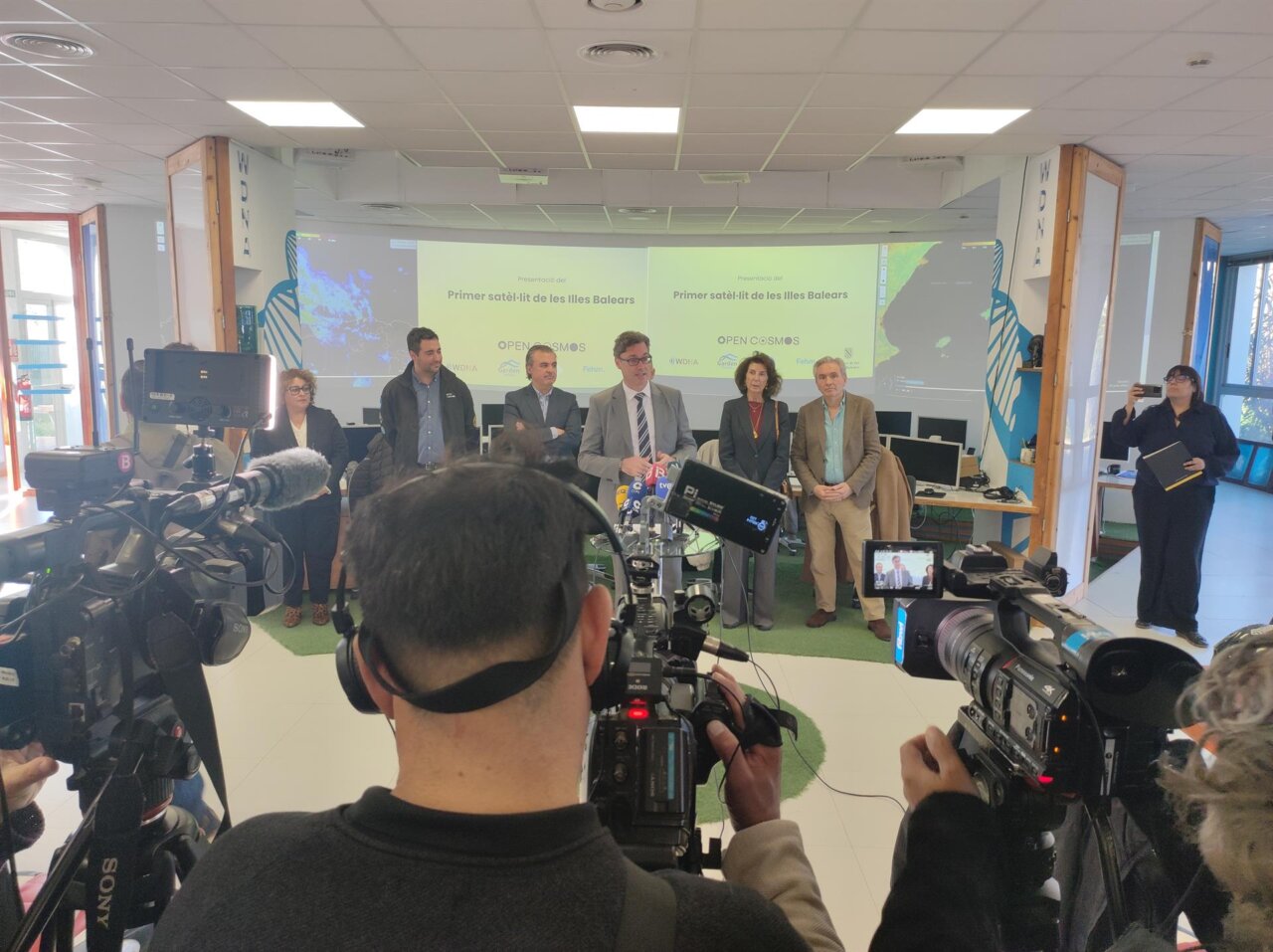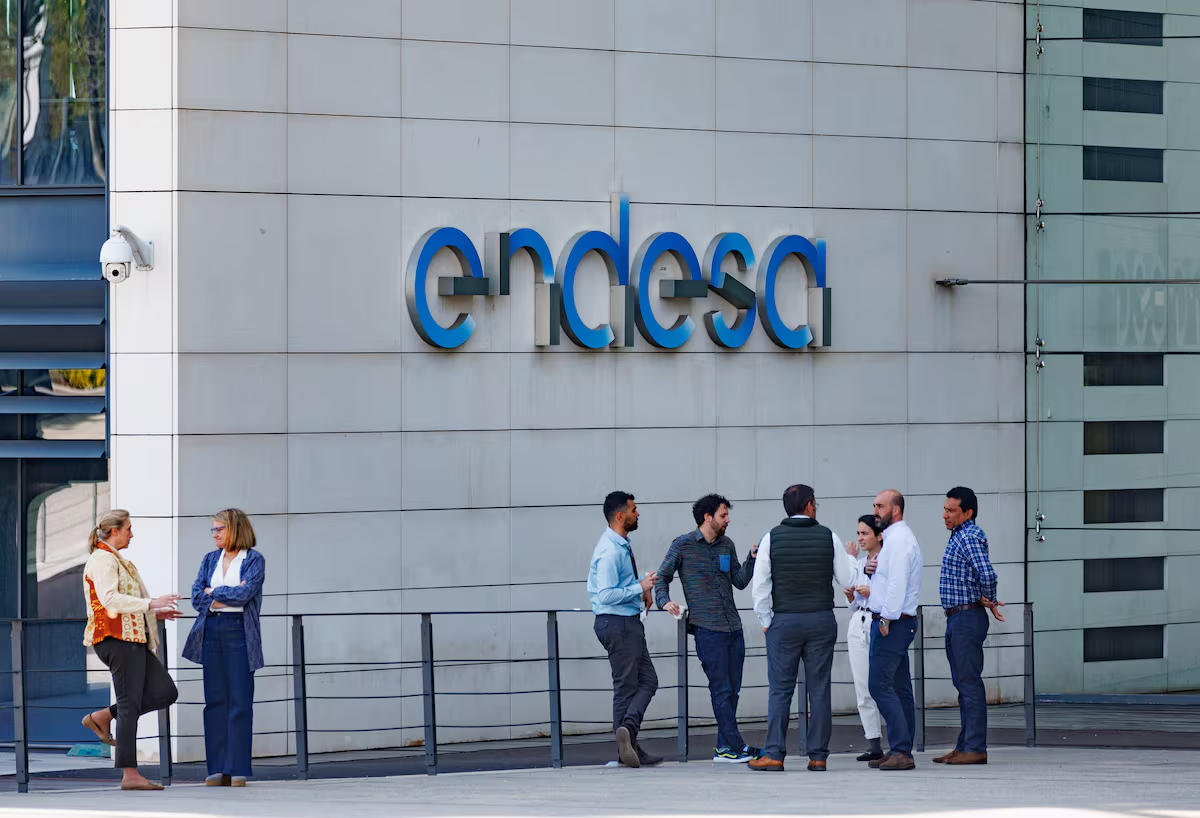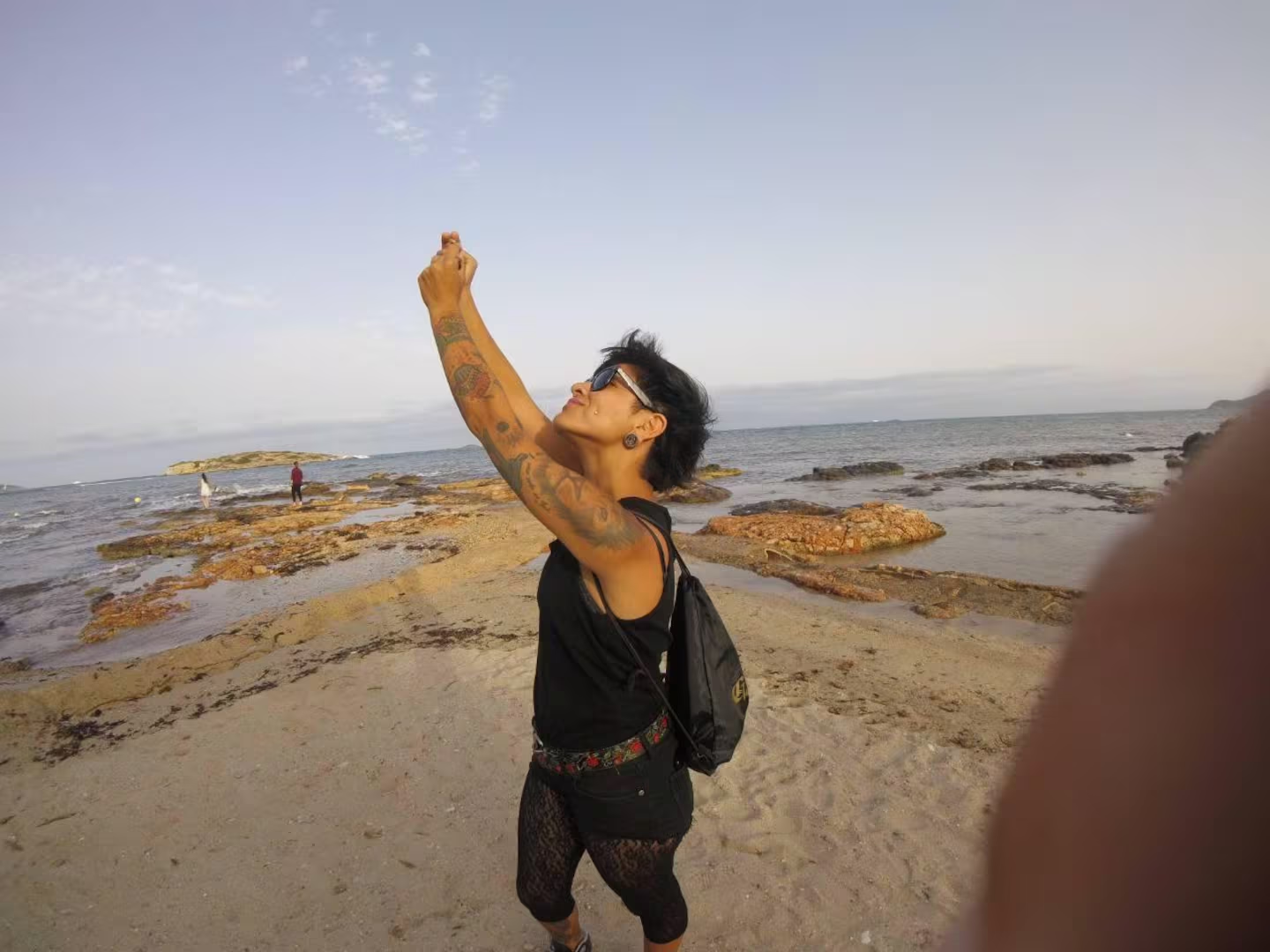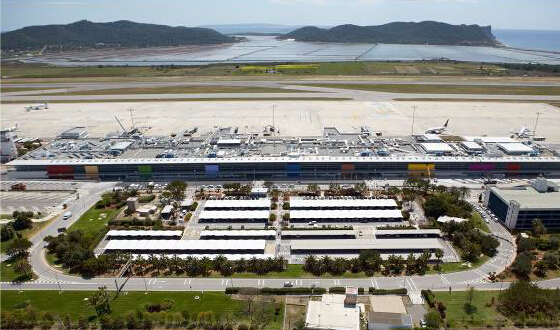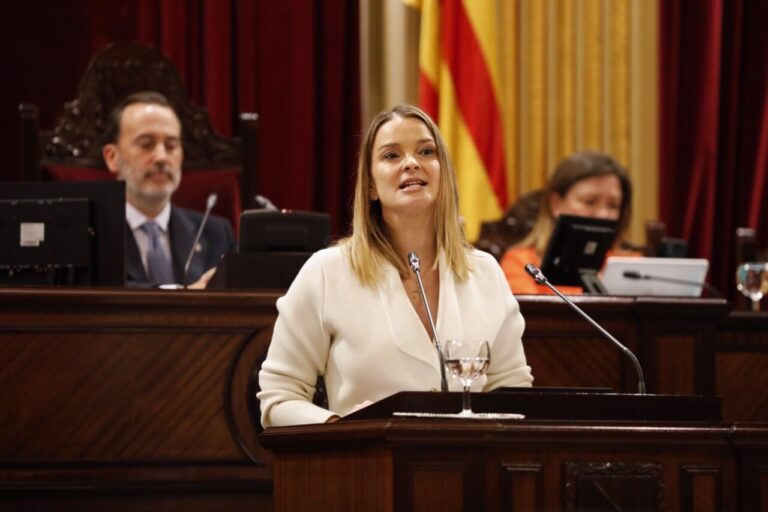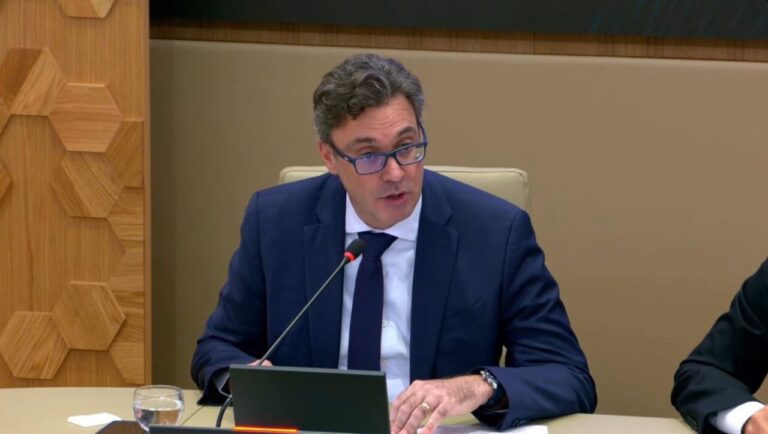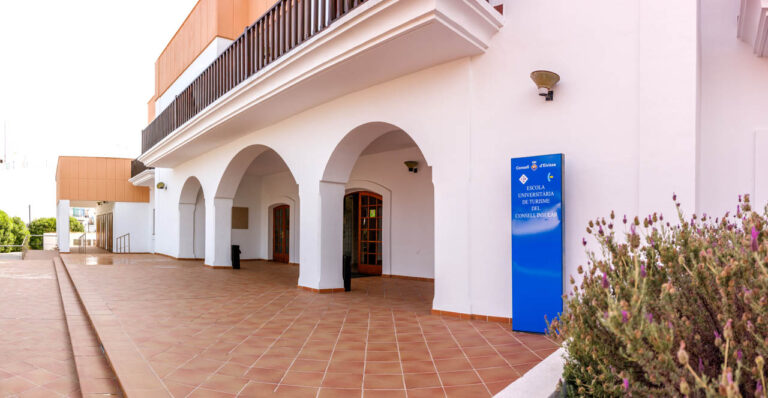The Government of the Balearic Islands has announced the manufacture of the first satellite of the community, a milestone that seeks to mitigate the effects of climate change on tourism and strengthen sustainability in the region. The Vice President of the Government and Minister of Economy, Finance and Innovation, Antoni Costa, has stressed the importance of public-private collaboration in this project, whose launch date is scheduled for the end of 2025.
An innovative initiative with international projection
The island company Open Cosmos leads the manufacture of the satellite, in collaboration with the Government, Wireless DNA, the University of the Balearic Islands (UIB) and Garden Hotels. This project not only positions the Balearic Islands in the international space sector, but also reinforces the commitment to sustainability and innovation of the autonomous community.
“It is an honor to manufacture the first satellite of the Balearic Islands and contribute to improve our territory”, said Rafel Jordà, CEO of Open Cosmos, during the inauguration of the company’s offices in Parc Bit, where the project was officially announced.
Satellite objectives: sustainability and efficiency
The satellite, which will be named by Balearic schoolchildren through a campaign in schools, will provide key data to manage tourism congestion, improve emergency response and optimize the sustainability of the sector. It will also help anticipate climate challenges and strengthen the capacity of administrations and businesses to make data-driven decisions. “We want to move towards a more sustainable economic model, and this satellite will allow us to better manage our territory in the face of extreme weather events,” said Antoni Costa, who also highlighted the designation of the Balearic Islands as Innovation Valley by the European Commission.
Broad support from the private sector
The project is supported by several hotel chains, such as Garden Hotels, Barceló Hotel Group, Iberostar and Grupotel, among others. These companies will contribute their experience and expertise to ensure that the data collected will be useful for managing water resources, mobility and coastal dynamics, among other key aspects. “The manufacture of this satellite marks a significant step towards sustainable and competitive management of the tourism sector,” said José Mañas, CEO of Wireless DNA.
Academic and social impetus
The UIB will play a key role in the research and development of technologies linked to the project. According to Rector Jaume Carot, “this satellite is an example of how science and innovation can transform our society and mitigate the impacts of climate change”.

